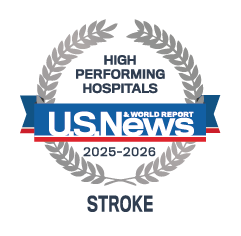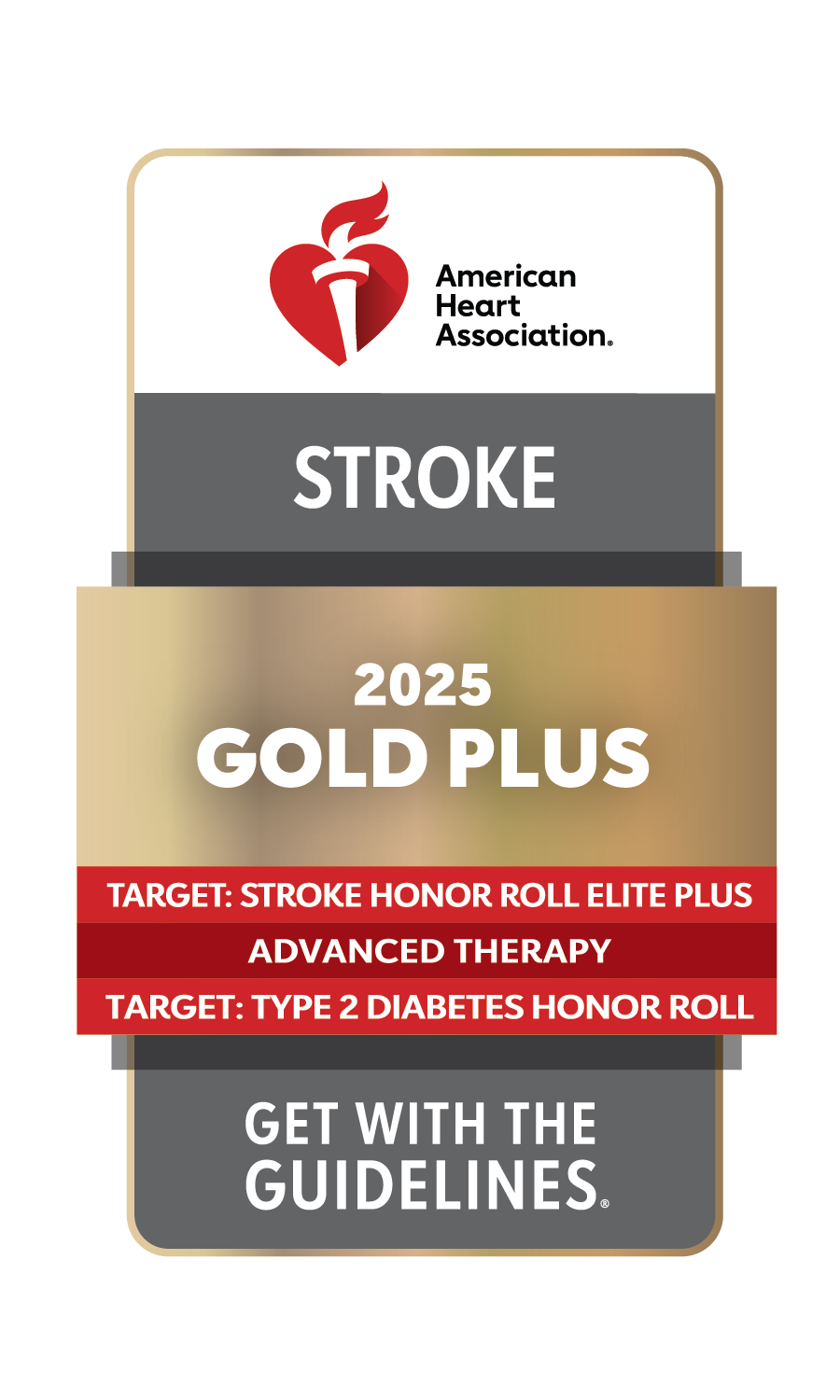A hemorrhagic stroke can trigger severe swelling and place a significant amount of pressure on the brain, which can result in long-term tissue damage if not promptly alleviated. Only about 15% of all strokes are classified as hemorrhagic.
This type of stroke can occur in two different locations:
- If it occurs in the brain itself, it is called an intracerebral hemorrhage.
- If it occurs in the space around the brain, it is called a subarachnoid hemorrhage.
Hemorrhagic Stroke Causes
Hemorrhagic stroke is caused by sudden bleeding from a blood vessel inside the brain or in the space around the brain. There are various causes and risk factors associated with this type of stroke, including:
- Head injuries
- Cerebral aneurysms
- High blood pressure
- Blood vessel abnormalities, such as arteriovenous malformation (AVM) and amyloid angiopathy
- Blood or bleeding disorders, such as sickle cell anemia
- Liver disease
- Brain tumors
- Drug abuse
Hemorrhagic Stroke Symptoms
Although hemorrhagic stroke symptoms vary from person to person, many patients experience a sudden and severe headache accompanied by:
- Muscle weakness
- Total or limited loss of consciousness
- Nausea and vomiting
- Changes in vision
- Loss of balance or coordination
- Inability to move or numbness in an arm or leg
- Seizures
- Loss of speech or difficulty understanding speech
- Confusion or loss of alertness
Hemorrhagic Stroke Diagnosis
Diagnosis of a hemorrhagic stroke is based on a thorough medical history and physical exam, and if doctors suspect bleeding inside the skull based on the patient’s symptoms, diagnostic tests can be done including:
- MRI
- CT scan
- Electroencephalogram (EEG)
- Lumbar puncture (spinal tap)
Hemorrhagic Stroke Treatment
Tampa General Hospital is a leading choice for hemorrhagic stroke care. Treatment for a hemorrhagic stroke depends on what caused it, where it's located and the size of the hemorrhage.
Treatment options include:
- Interventional radiology
- Neurosurgical procedures (surgical clipping or coil embolization)
- Certain medications
Why Choose Tampa General's Comprehensive Stroke Center?
As one of the only Comprehensive Stroke Centers in Tampa, TGH is prepared to immediately respond to any emergent signs of a stroke with board certified neurologists, advanced neuro-imaging, and complex neurosurgical interventions. Tampa General's 32-bed Neurosciences Intensive Care Unit is one of the largest in the country.
Tampa General Hospital was named Top 10% in the Nation for Neurology & Neurosurgery and High Performing for Stroke Care 2025-26, according to U.S. News & World Report. TGH is also recognized as Honor Role Elite Gold Plus for Stroke Care by the American Heart Association.



